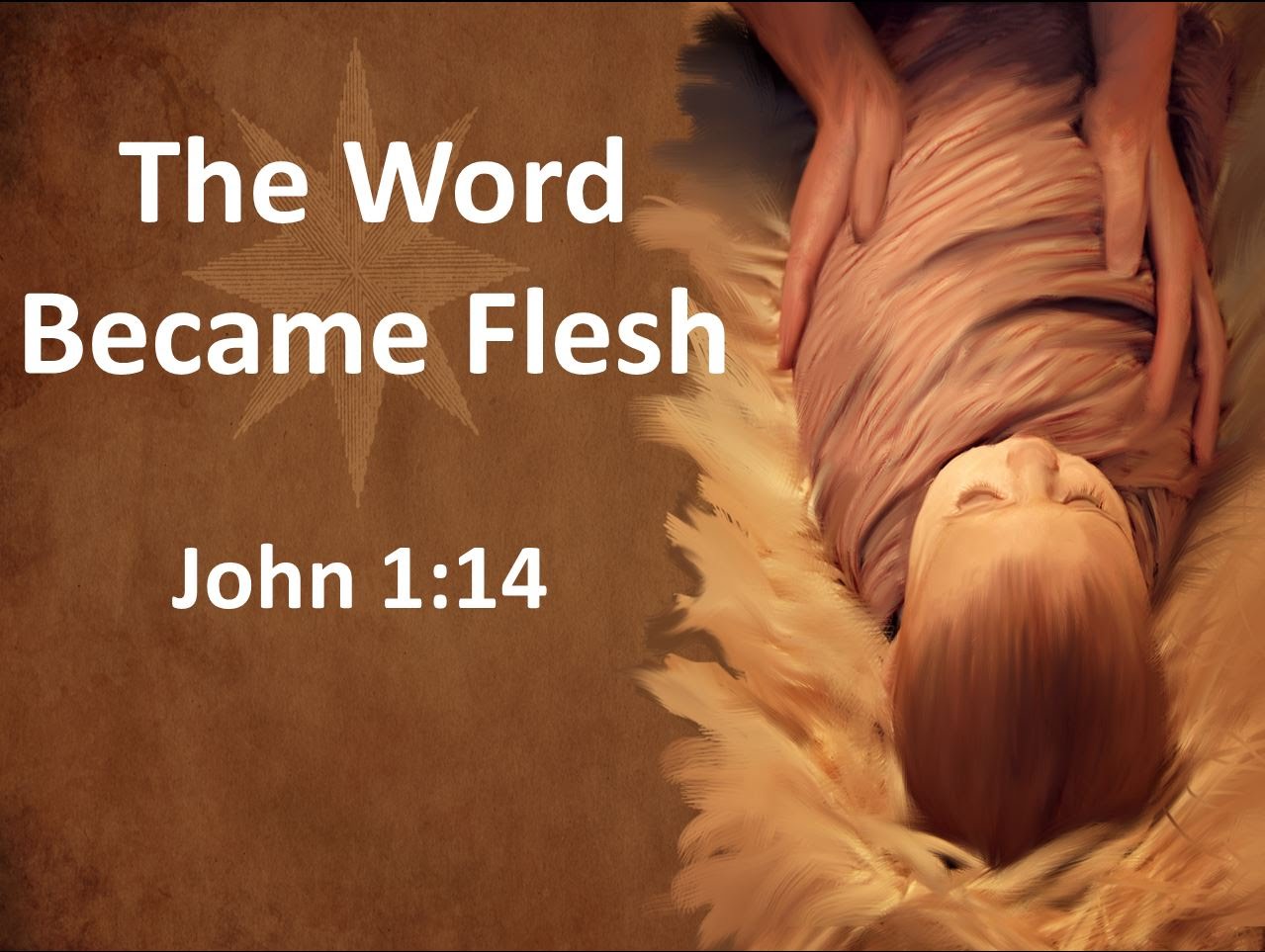God’s transcendence is part of God’s nature which is unknowable to humanity in our present state. The face of God, so to speak, or the ability to behold God in all of His glory as He truly exists, is a facet of His transcendence. The very substance which constitutes God’s existence is beyond the realm of human speculation. The only way in which we can define God is describing that which He is not. He is immortal, which is to say, He is not mortal. He is infinite, which is to say, He is not finite. He is infallible, which is to say, He is not fallible. To understand aspects of God’s transcendent nature, we must use cataphatic terms to arrive at an accurate understanding of the one we worship in Spirit and in truth.
God’s immanence is best understood in light of the incarnation. When God took for himself a body of flesh, He eternally united His nature man’s; eventually, man became the perfect human person. Through this, what had been previously unknowable became partially knowable by man. Christian Christology itself has great a contribution to the salvific operation of God in the world because through Jesus Christ, God revealed His light to mankind, hence making the Incarnation of Christ to the Christian faith very crucial. God’s revelation flipped the darkness which the Old Testaments prophesied into a blazing light as seen on the Mount of Transfiguration, where “[Jesus] was transfigured before [His disciples], and his face shone like the sun, and his clothes became dazzling white,” (Matt. 17:2 NRSV). An immanent aspect of God’s nature became incarnated into flesh to descend into our reality and minister to us by guiding us in the ways and statutes of God. In short, God came to Man so Man could come to God.
Thus, God’s immanent theology in the Christian religion is notably distinct from the transcendent and ultimately unapproachable nature of God in other Abrahamic religions such as Judaism and Islam, both of which do not promote personal relationship with the incarnated immanence of God. John recorded the miraculous phenomenon involving the Incarnation as the Word becoming flesh and making its dwelling among us, hence “we have seen his glory, the glory of the one and only Son, who came from the Father, full of grace and truth,” (Jn. 1:14 NRSV).
Now, the implications of God becoming flesh and dwelling among us lie exactly in what Christ’s Incarnation achieved as an end in itself. The Incarnation is the completion and fulfillment of the Abrahamic promise, of the Mosaic Law, and of the prophecies. In the incarnate person of Jesus Christ, man receives from God the highest priest, the holiest king, and the final prophet. God’s coming into the reality of man is a divine manifestation of His love for us, His creations, and this love extends throughout the entire cosmos.
Studying the Word of God is about equipping yourself to live out in practical ways the standard of the Bible. Archbishop Jordan’s book, Prophet in the Marketplace is now available exclusively via the Book of the Month Club.
Not only does the Book of the Month Club provide a pathway to knowledge, wisdom and insight, it also sets you up to be in attendance at the Spring Session of
Prophecology 2018: Birthing House: The Latter Rain, February 23-25, 2018.
Go to and join the club now!
How does the coming of Jesus reveal God’s divine love for you?

